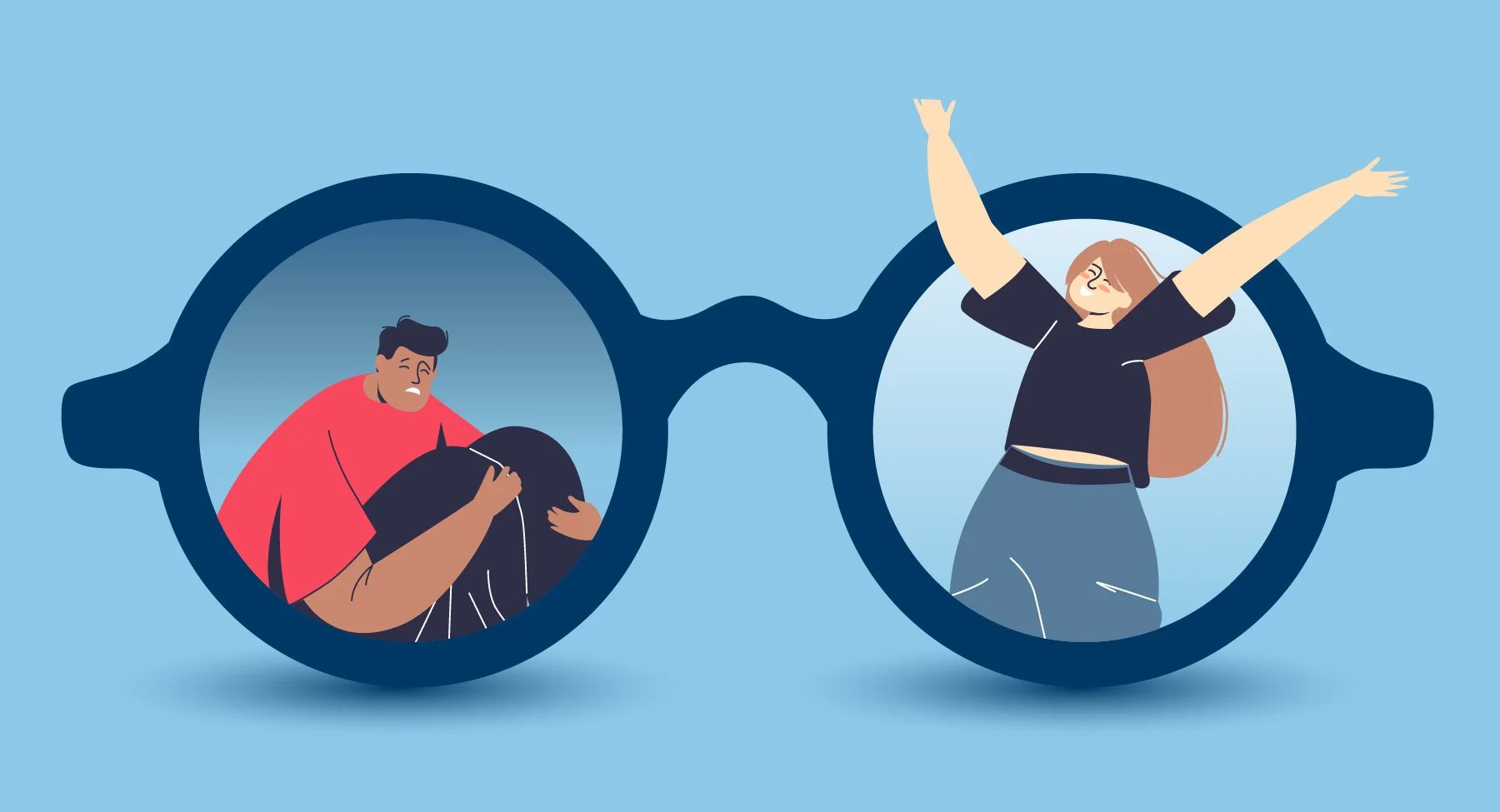Seeing in Black and White
It’s no secret that Black students K-12 receive a disproportionate amount of disciplinary action compared to white students. Studies show that Black male students are nearly twice as likely to be suspended or expelled as white students.
A recent study suggests the trend begins as early as kindergarten with teachers anticipating bad behavior from Black students and subjecting them to additional scrutiny and harsher punishments.
Whether or not it is conscious, this kind of bias can have a serious impact on students’ attitudes toward school and the level of trust they feel with teachers.
“Authoritarian disciplinary practices may socialize Black boys into a broader sense of racial inferiority and contribute to a negative self-image,” said Calvin Zimmermann, the O’Shaughnessy Assistant Professor of Education at the University of Notre Dame, “while permissive discipline may socialize white boys into a sense of racial superiority, entitlement, and privilege.”
For young Black students to thrive, they must cultivate positive learning associations from a young age. That means surrounding them with supportive, empathetic instructors and culturally relevant materials.
Breaking the Cycle
Our CDF Freedom School program doesn’t just “teach” young scholars to read; it helps them foster a love of learning. From the opening Harambeeceremony to our curriculum and the way we approach discipline, we believe positive learning is a product of positive attitudes. This all begins with our staff and volunteers.
Freedom School staff are trained to manage behavior using positive reinforcement and restorative justice models. We’ve observed how exclusionary and corporal punishment not only impede students’ learning, but contribute to our society’s school-to-prison pipeline.
Pulling Together
In addition our daily opening ceremony, Harambee is a Swahili word that means “Let’s pull together.” It was first used as a call to unity following Jomo Kenyatta’s release from prison, where he had been held unjustly for several years. The word is still used in Kenya today to foster a sense of unity, self-determination, and collective action.
These ideas are central to what we do at Emmaus House. To support equitable learning and literacy, we must prioritize all three, and it starts with examining our unconscious biases.

